LØGUMKLOSTER/DØSTRUP, DENMARK – In the rural setting of Southern Jutland, the amateur radio scene, as reflected on the website primarily associated with the callsign OZ5LKO, presents a mixed picture of long-standing regional infrastructure and current club-level deliberations. While the site prominently features details of the OZ9REV repeater at Vongshøj, near Løgumkloster – albeit with technical information on its last significant upgrade dating back to autumn 2010 – an undated summary of a local amateur radio club's Annual General Meeting (AGM) offers a more recent, and somewhat introspective, view of grassroots activity in the nearby Døstrup area.
The OZ9REV repeater, operating on 145.6125 MHz from Vongshøj (a 62-metre hill offering views to the German island of Sylt), has been a notable local fixture in southwest Sønderjylland. Maintained by Ivan H. Fredensborg (OZ1HYG) of Løgumkloster, who accepts contributions for its operation, it underwent antenna and equipment improvements in 2010, including a newer Storno CQF 9000 transceiver.
More recently, though the specific year is not provided in the report, an AGM was held by a local club, presumably closely associated with the OZ5LKO website, now settled in Døstrup. The meeting, attended by six members and one visitor, highlighted several challenges. The chairman's report noted that attendance at club nights had dwindled, even after these were reduced to once a month. Despite this, the club had maintained some external activities: participation in a large scout camp in Sønderborg, involvement in JOTA (Jamboree on the Air) with Løgumkloster scouts (where HF, VHF, and Morse training were of interest), and a creditable 4th place in its Field Day class. This Field Day success was achieved partly through collaboration with German amateurs, a strategy adopted due to insufficient participation from the club's own members. The club's finances showed a "very modest surplus," and it was agreed that membership fees would remain unchanged.
A significant point of discussion during the AGM's "Any Other Business" segment was the club's future relationship with Eksperimenterende Danske Radioamatører (EDR), Denmark's national amateur radio society. A "heated discussion" with "very diverging opinions" reportedly took place regarding whether the club should continue its EDR affiliation or resign. While no formal decision could be made at that point, the debate was set against a backdrop of unspecified "problemerne i EDR for tiden" (problems in EDR at the moment), which also cast uncertainty over the prospects for future Field Day events. Despite these existential questions, routine elections for the treasurer, alternates, and auditor proceeded, and a Field Day committee was established.
This snapshot from Southern Jutland underscores the challenges that small, local amateur radio clubs can face in maintaining member engagement and navigating their relationship with national bodies. The deliberations within this Døstrup-based group, set against the context of long-serving local infrastructure like the Vongshøj repeater, highlight a critical juncture where tradition, local needs, and broader associational dynamics intersect, leaving its future path, at the time of the AGM report, under advisement.

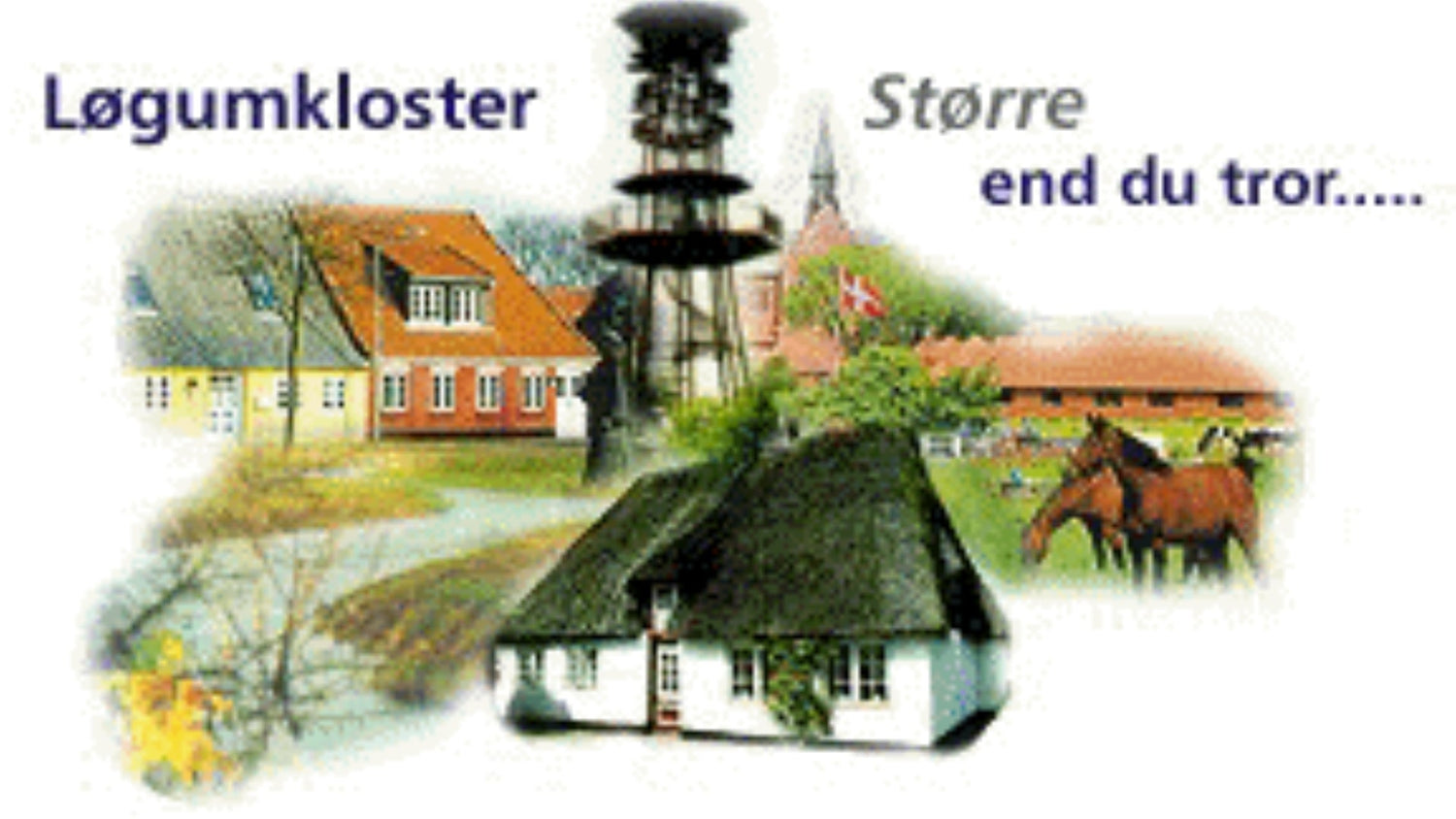

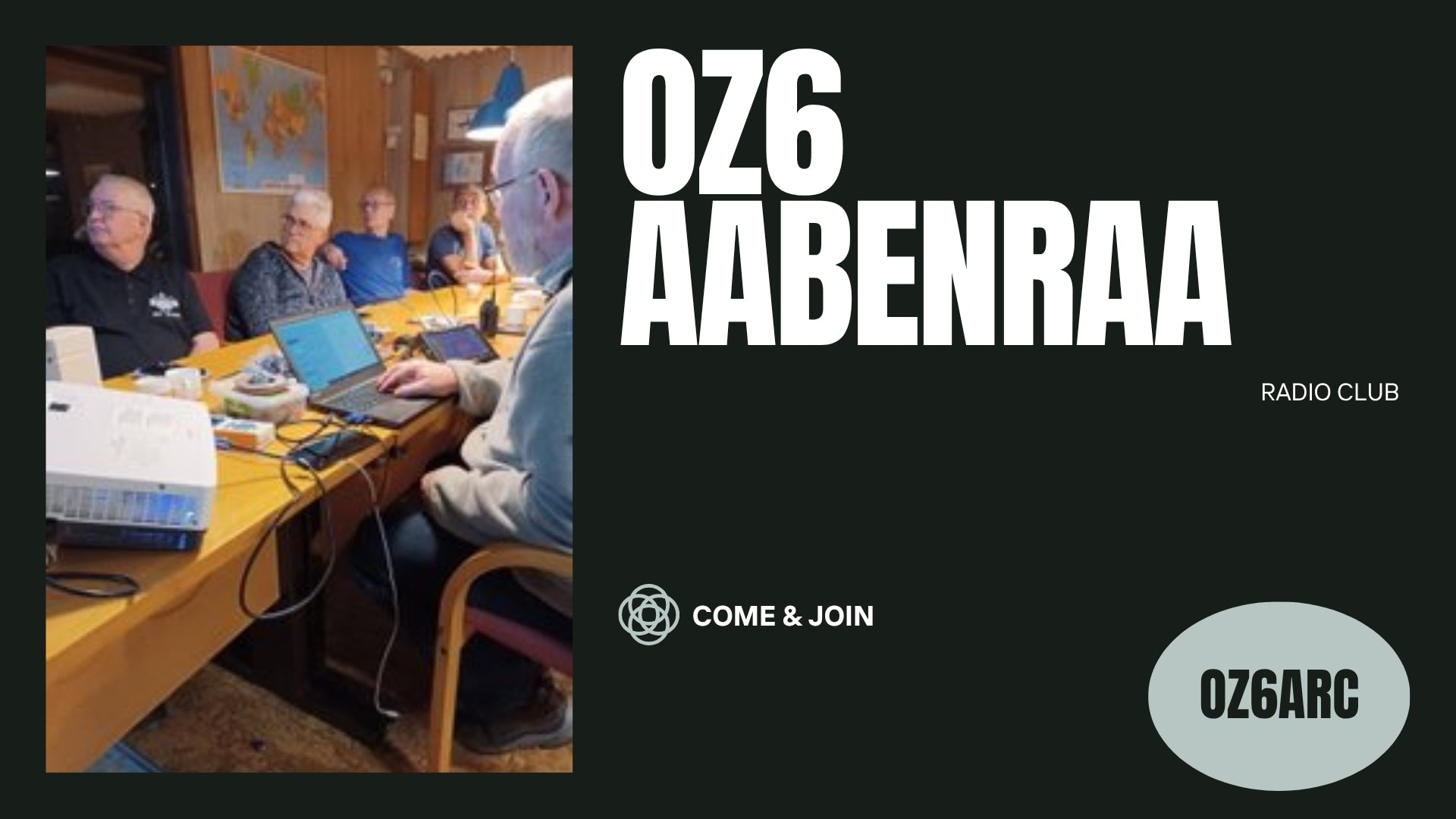
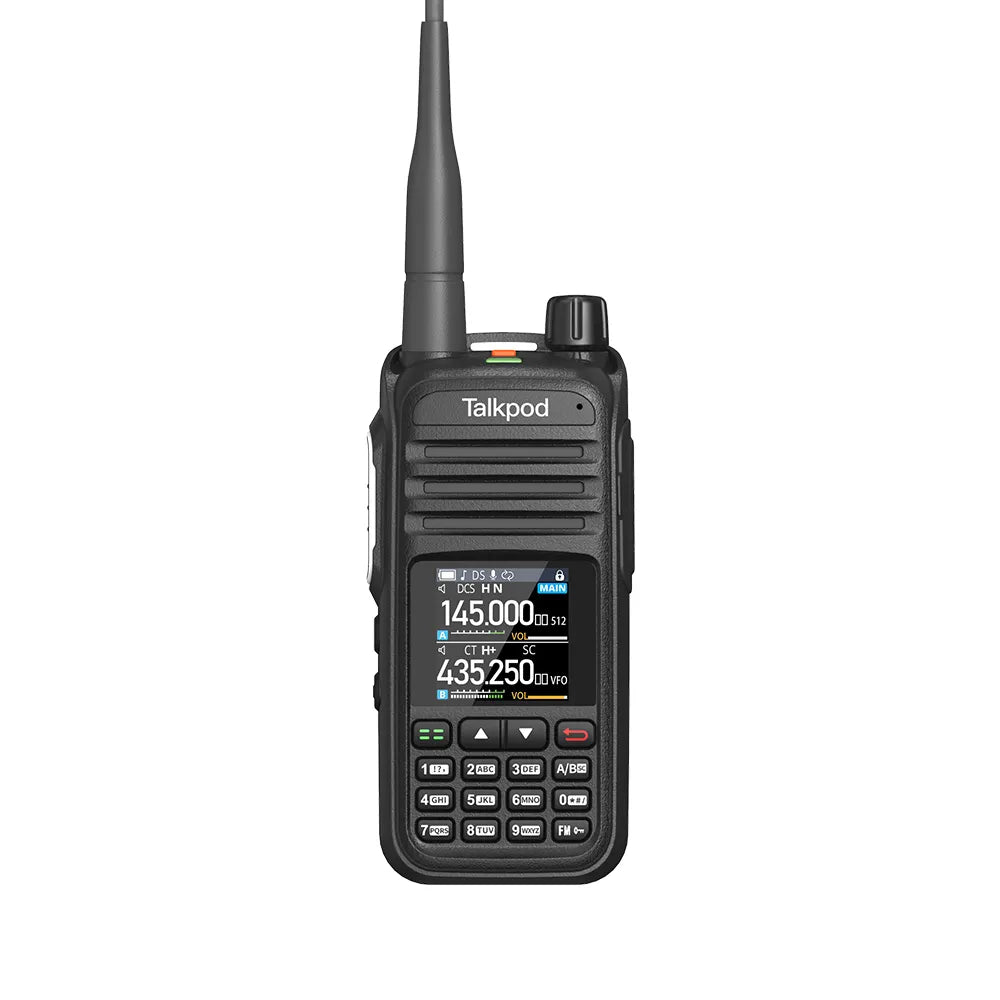
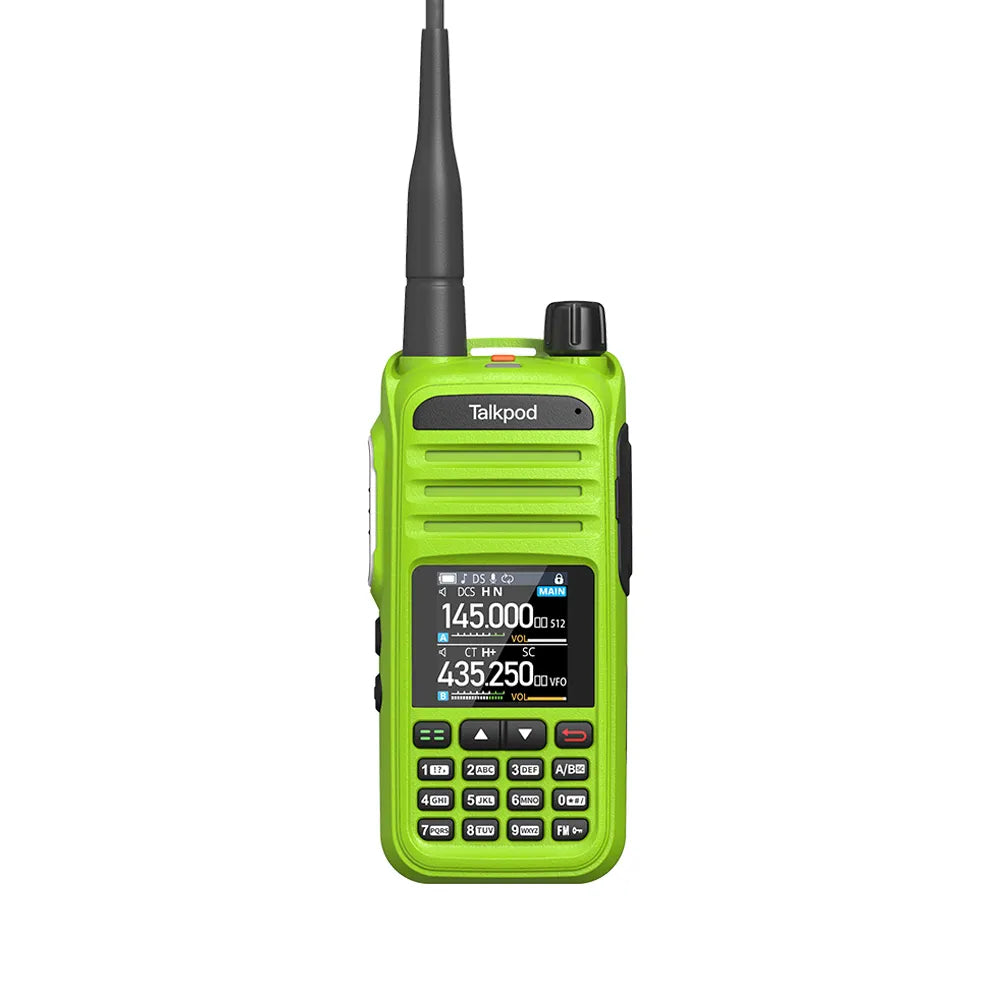
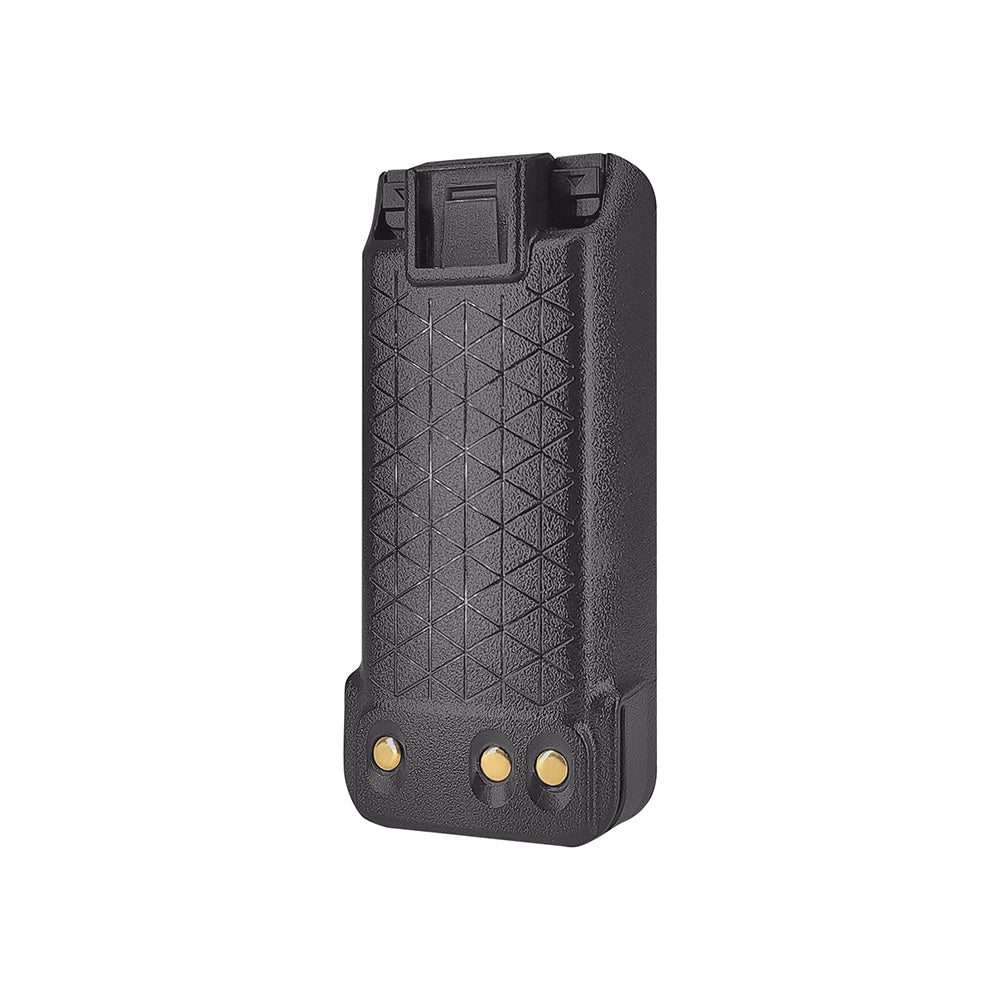
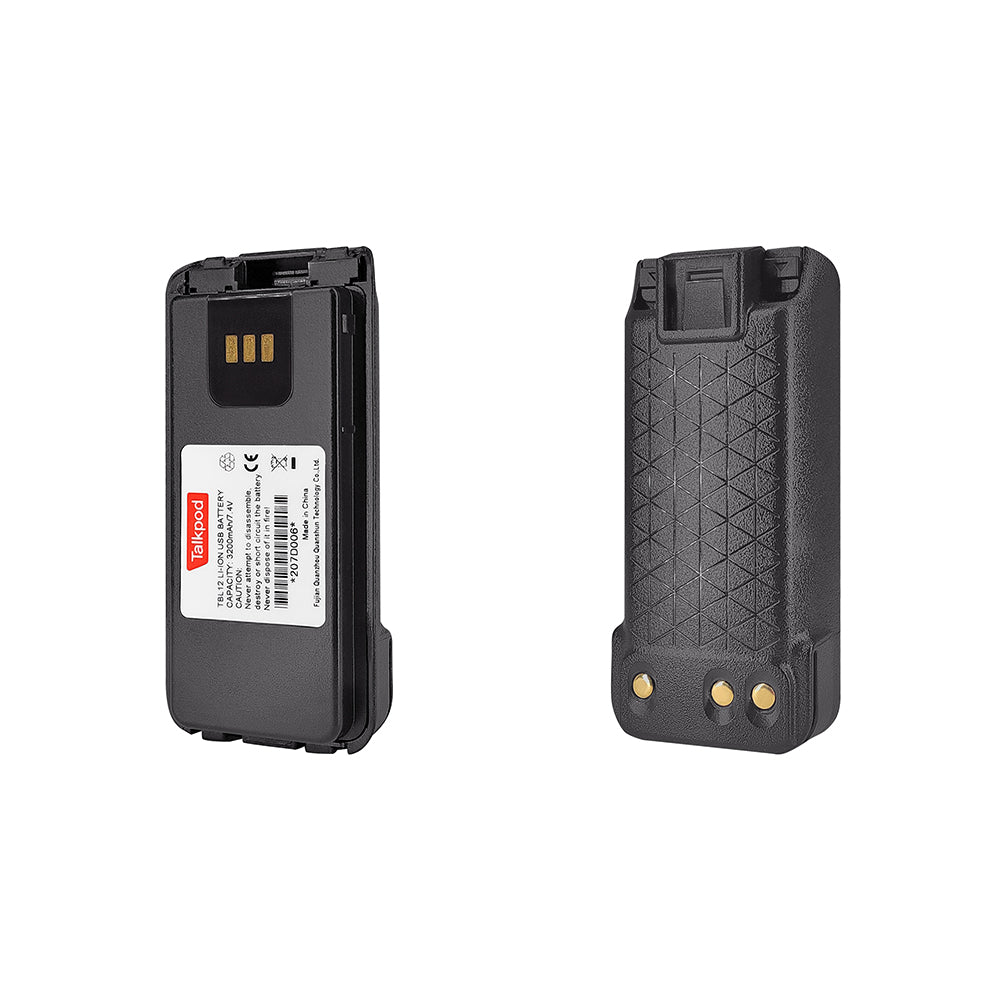
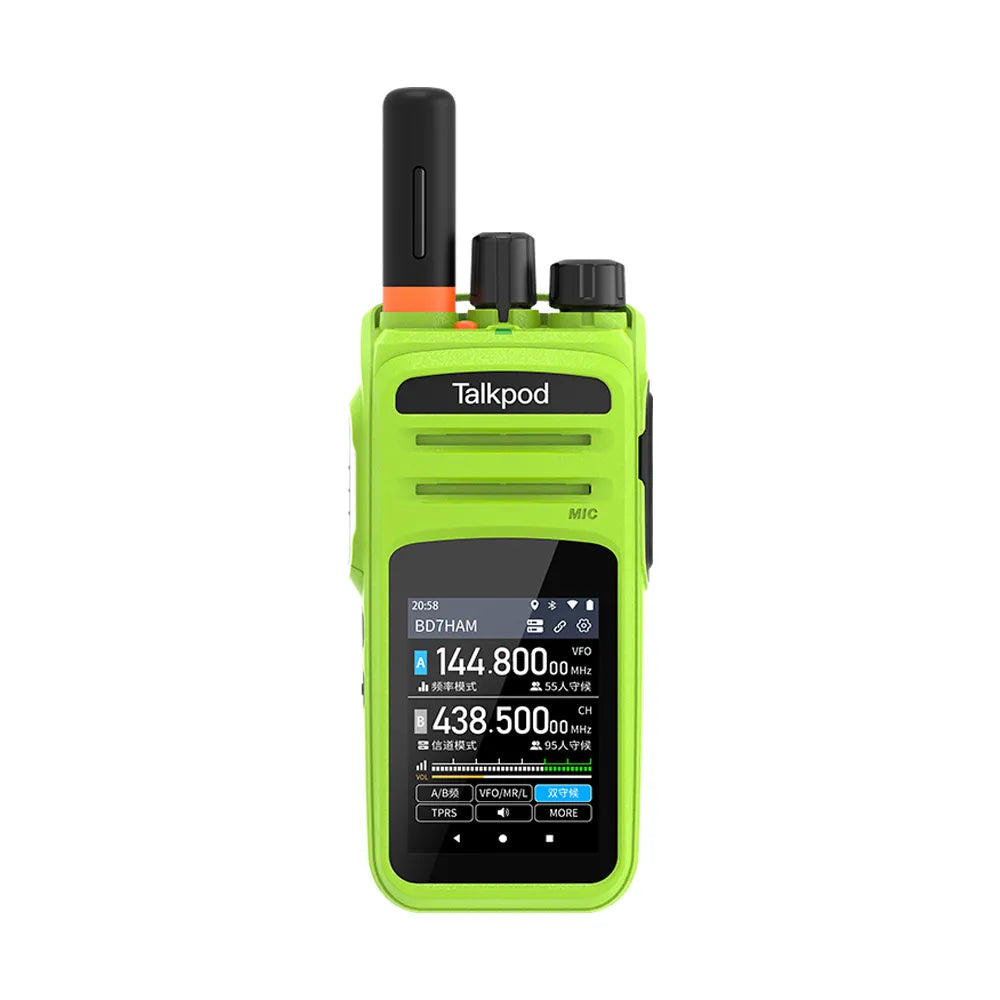
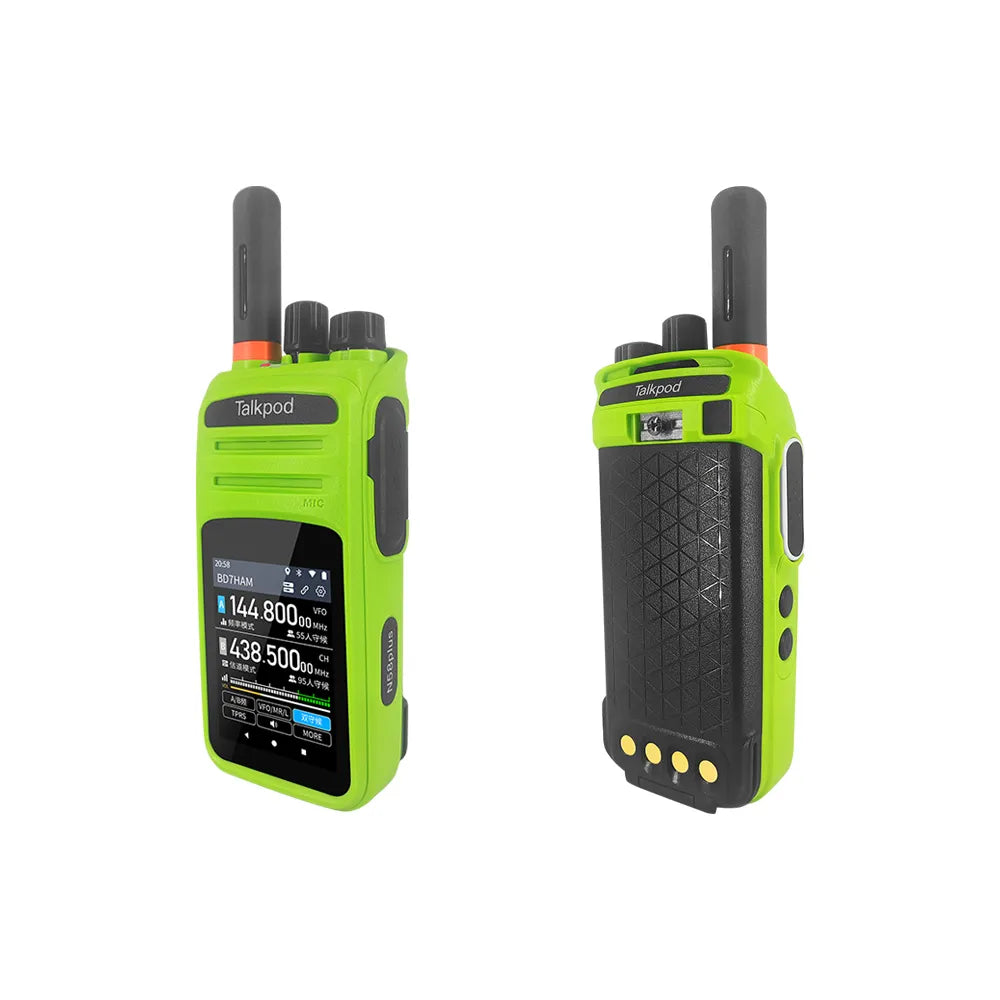
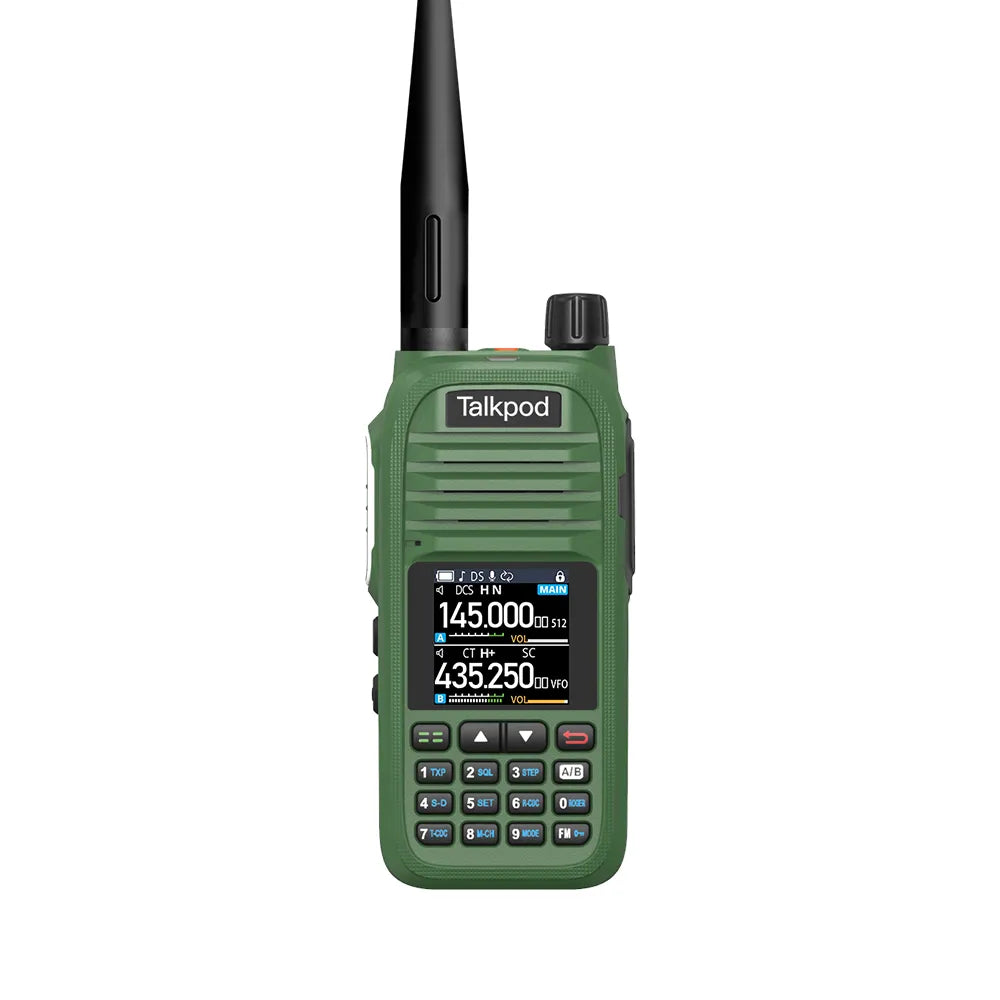
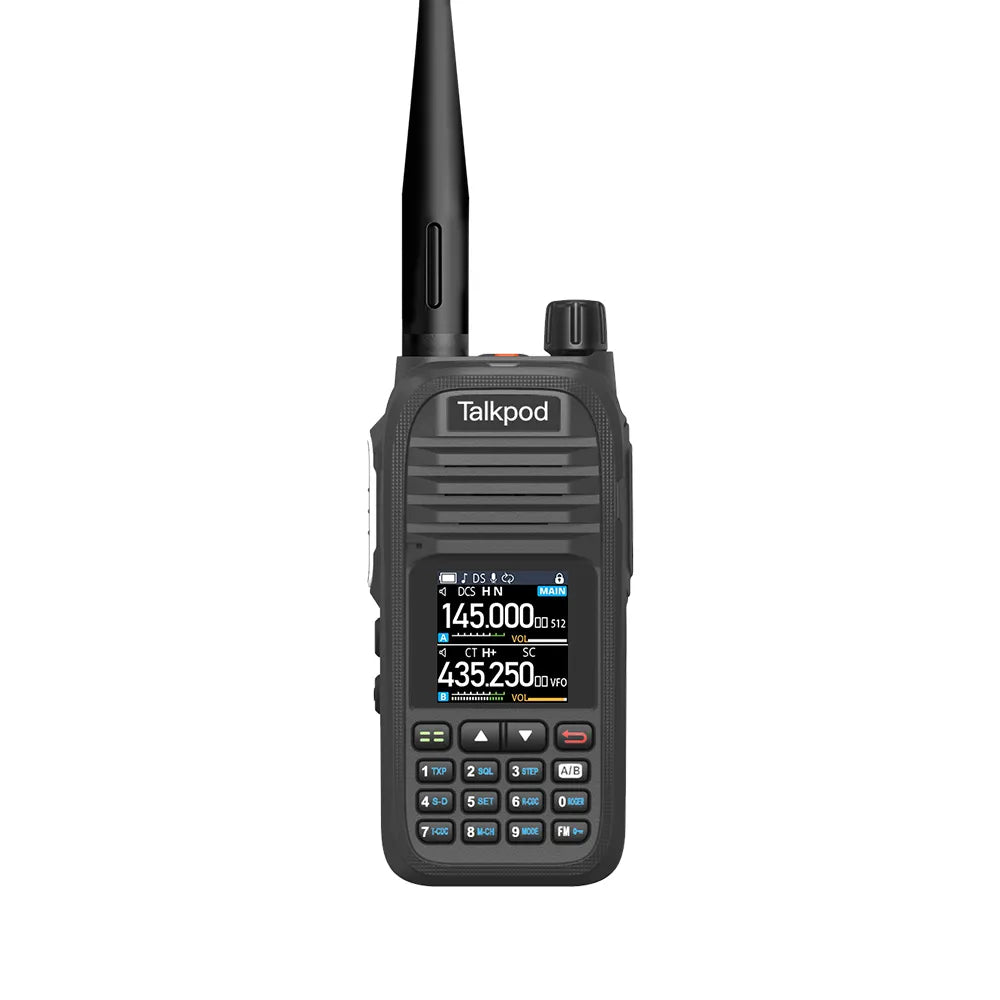
Leave a comment
All comments are moderated before being published.
This site is protected by hCaptcha and the hCaptcha Privacy Policy and Terms of Service apply.